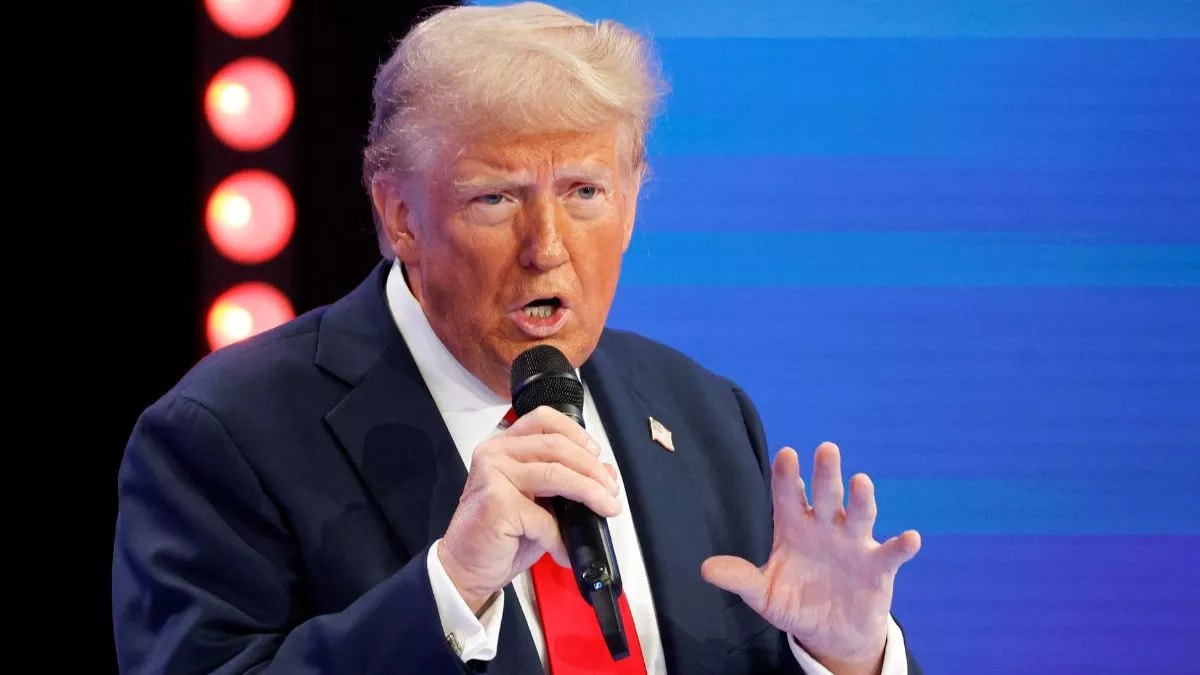
Going to America for world-class education and high-paying careers has been a dream for many Indian students. However, after President Donald Trump became president, the American dream of many has become a challenging test. This is because the Trump administration has announced strict immigration policies.
In fact, the Trump administration's rising incidence of visa rejections, increased scrutiny at workplaces and uncertainty over work permits have forced many Indian students to reconsider their aspirations.
Decrease in F-1 student visa numbers
Let us tell you that in the last one year, there has been a significant decline in the number of F-1 student visas issued by the US to Indian students. If we look at the analysis of the data of the US State Department, 64,008 Indian students were given visas from January to September 2024. There is a decline of 38 percent as compared to 1,03,495 in the year 2023.
These figures represent the first significant drop after the surge in student enrollment following the Corona pandemic. Students are also worried about the shrinking job market. This is because now local people are being given priority there. It is believed that America's new immigration system is sidelining international students.
Jobs have become harder to find, said Sai Aparna, who lives in Cleveland, Ohio, in a report, NDTV. I never thought things could get this bad. Students say that since President Trump took office, his emphasis on localisation has made visa sponsorship by employers more difficult.
Many students are troubled by these things
At the same time, many students studying in the US have complained about the increasing scrutiny of law enforcement agencies. Officers of these agencies visit students' workplaces and demand to see students' IDs or check their work authorization documents. These officers often question students who are on Optional Practical Training (OPT).
What is Optional Practical Training?
You should know that OPT is a process that is initially issued for a period of one year after college. It allows students to work for a specified period. People with F1 visas are only allowed to work 20 hours a week for on-campus jobs. But, young people living away from home often violate this time and place limit to earn extra money.
Read More: Did Iran send a secret proposal to the US to prevent war? Reports make a serious claim.
--Advertisement--

 Share
Share



